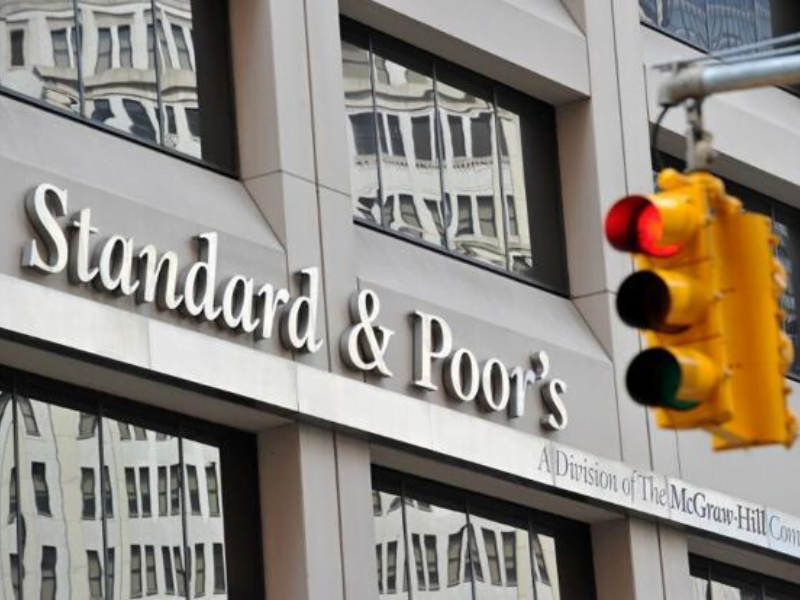Ratings agency Standard and Poor’s (S&P) on 13 March revised Malta’s outlook downwards, from ‘positive’ to ‘stable’, while affirming its A-/A-2 credit rating.
In a statement the next day on this rating action by S&P, the government blamed this downward revision on the novel coronavirus (Covid-19) outbreak.
Selectively citing from the report, the government noted that S&P was predicting a sharp economic slowdown as a result of the virus and a halving of forecasted Eurozone GDP growth for 2020. This, in turn, would have an impact on Malta’s small but open economy particularly on the tourism industry.
Yet, this is less than half the story.
While S&P’s report does anticipate a Eurozone slowdown in line with the rating agency’s view on the general Eurozone’s post-Covid-19 outlook, its rating action cites a second reason for the downward revision – reputational damage.
The S&P report is both clear and scathing in this regard:
“We also revised the outlook to stable because we believe the country’s reputational risks… represent an increasing risk to its macro-financial stability.”
“…weaknesses in financial-sector regulation remain unchecked.”
“Weaknesses in the transparency and accountability of Maltese institutions are still significant…”
“We understand that the Maltese authorities are committed to strengthening supervisory standards…although we consider these measures positive, we believe they are long overdue.”
“Failure to tackle identified deficiencies [by the ECB, MONEYVAL, the Council of Europe among others] in a timely manner could further pressure the financial sector and overall business climate in Malta.”
Even Pilatus bank gets a mention: “potential weaknesses in Malta-based international banks, such as in the case of Pilatus Bank… could have implications for the entire jurisdiction’s reputation”.
The government’s statement, much like the coverage on the Party’s TV station One, conveniently omits all this – just over half the entire report.
The ratings agency notes that the structure of Malta’s economy has changed significantly over the past five years, with the economy now dominated by tourism and new services exports such as logistics and e-gaming.
On the other hand, S&P notes that the contribution from traditional manufacturing and financial services, two economic sectors devised to diversify away from over-reliance on tourism, has dropped.
With Covid-19 primarily affecting tourism, and reputational risks affecting at least one of the sectors designed to diversify away from over-reliance on tourism, it is not hard to see the dark clouds forming. S&P also highlights the risks of exposure to corrections in the real estate market both on banks and the wider economy.
S&P also notes the government’s efforts to attract new workers and its effects on the population, which increased by about 2.6% per year on average in 2013-2019, up from 0.7% over 2008-2012.
While a larger population boosts domestic demand, S&P notes that “this makes Malta the most urbanised and densely populated country in the EU and particularly vulnerable to climate risks. Malta is for now off track in relation to its 2020 and 2030 targets.”
S&P also pours cold water on the accuracy of some of Malta’s reporting as regards “surpluses”. S&P notes that while Malta has reported a current account in surplus since 2013, its magnitude has been revised several times.
S&P pins this down to “negative errors and omissions in balance-of-payments data” over the past years and notes that this potentially indicates an “overstatement of current account surpluses or under-reporting of capital and financial account flows.”
Further, S&P notes that Malta’s corporate tax regime, notably the tax refund system for non-resident shareholders, which should largely be ‘pass through’, distorts and complicates their analysis since it is frequently being subjected to revision.
There is little doubt that the Covid-19 outbreak is a serious health risk for the more vulnerable members of our society.
There is similarly little doubt that Covid-19 places governments in the unenviable position of trying to balance health risks with the risk of the economy grinding to a halt.
But it seems that the government is intent on banking on Covid-19 overshadowing its past misdemeanours.












